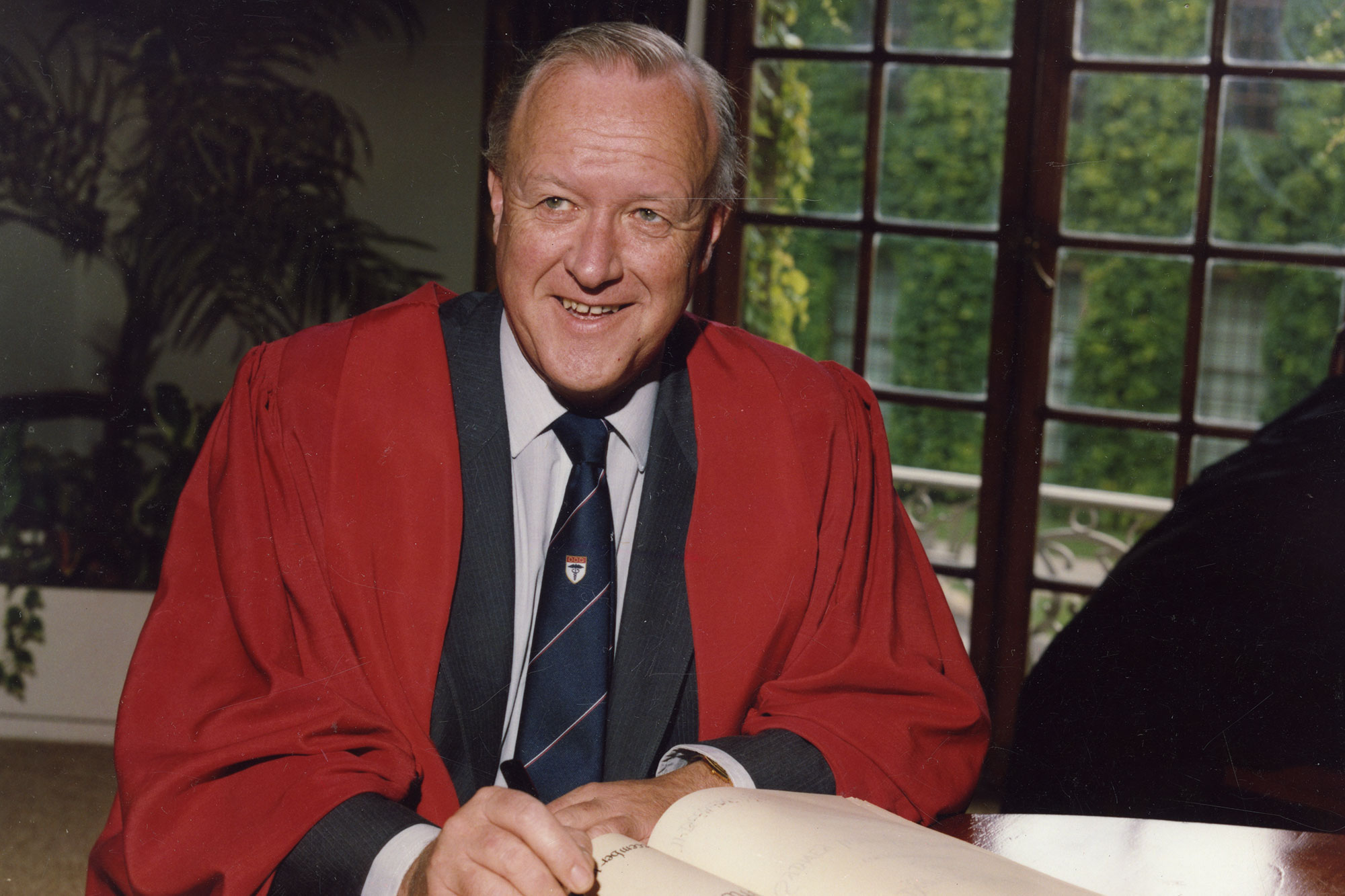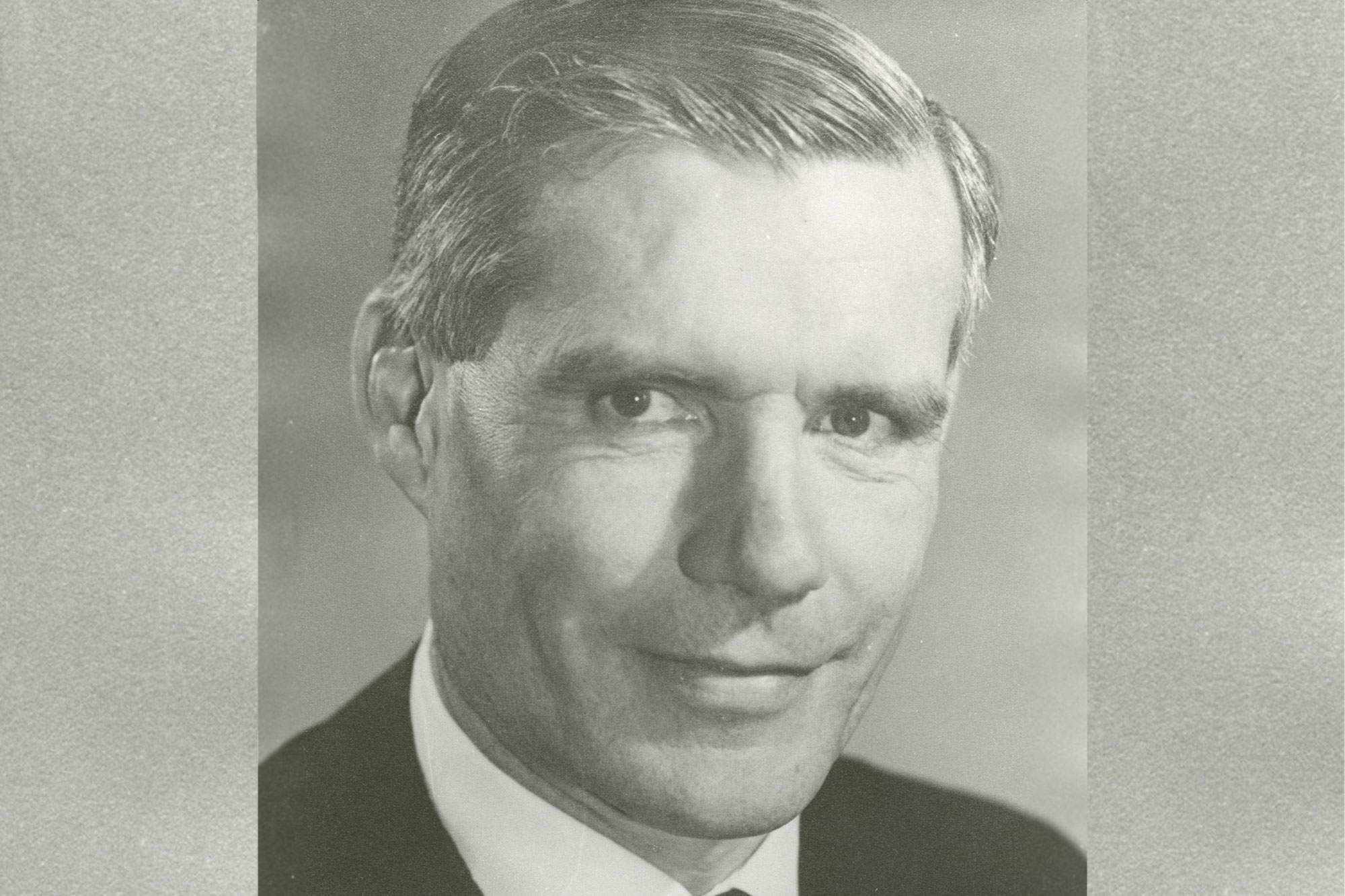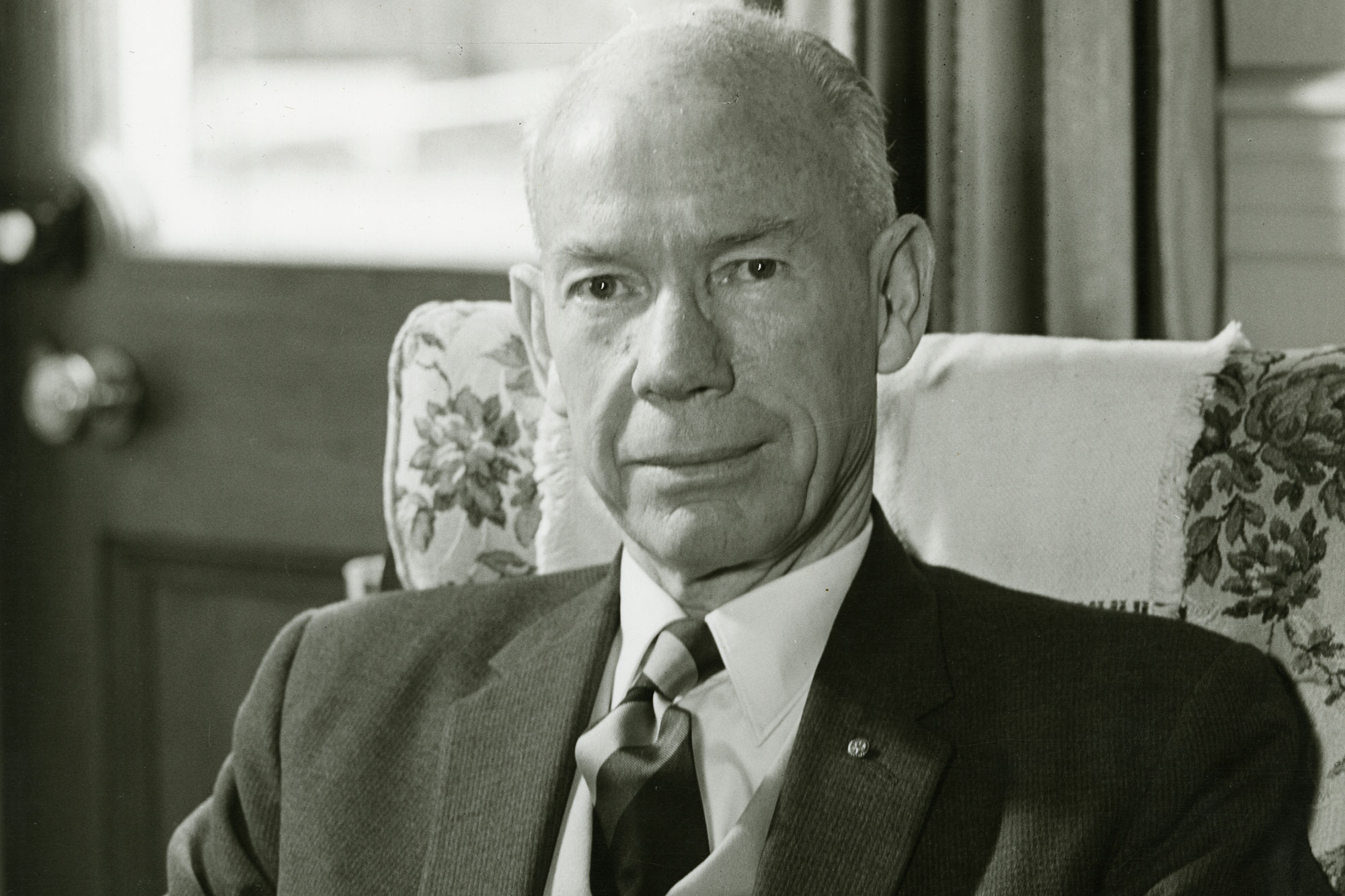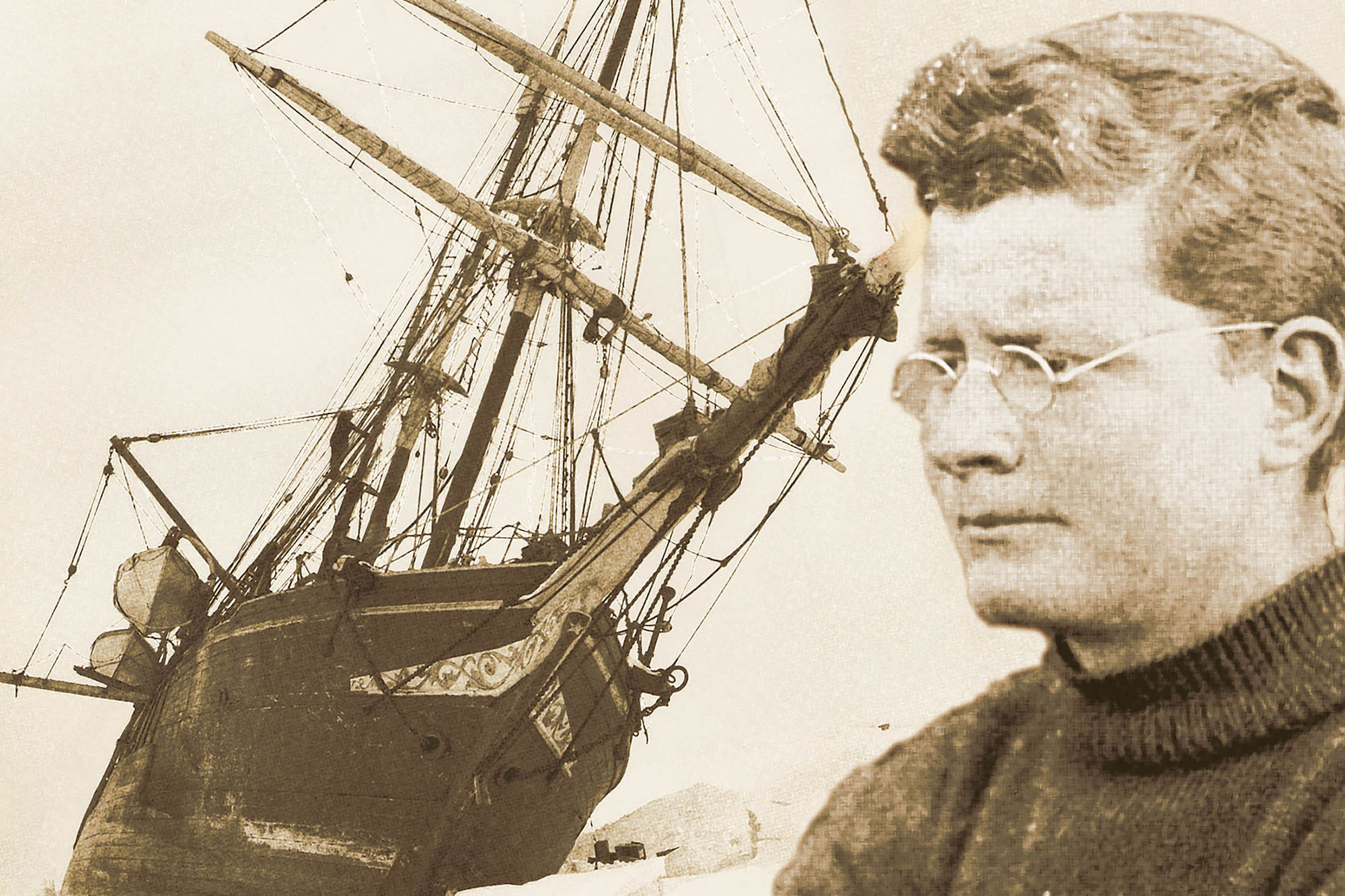‘Forward thinking’ UCT, CAF executive programme takes flight
04 September 2024 | Story Kamva Somdyala. Photos Robyn Walker. Read time 4 min.
The University of Cape Town (UCT) has joined the Confédération Africaine de Football (CAF) in its latest bid to strengthen their measured improvement of African football. The two organisations launched the CAF Football Management Executive Programme on 2 September at UCT’s Graduate School of Business (UCT GSB), four months after signing a Memorandum of Understanding in Cairo, Egypt.
The endeavour is a management programme initiated by the CAF leadership and UCT’s International Office for member associations’ administrative staff and officials to enhance their skills, build capacity and drive efficiency to ensure African football administration and competitions are world class.
This year’s edition of the Africa Cup of Nations (AFCON) was hailed as a huge success from various sectors as CAF put on a show for the ages, attracting over 1.4 billion cumulative TV viewers, including 10.3 million during the semi-final between Nigeria and South Africa on SuperSport and SABC platforms.
The CAF Football Management Executive Programme seeks to build on this momentum. In attendance at the launch were UCT’s chancellor, Dr Precious Moloi-Motsepe; vice-chancellor, Professor Mosa Moshabela; Chair of Council Norman Arendse SC; CAF president, Dr Patrice Motsepe; International Office director, Quinton Johnson; staff from UCT and CAF and a host of delegates who will be participating in a week of onsite learning with lectures being led by, among others, former Arsenal chairperson David Dein and former Multichoice chairperson Imtiaz Patel.

“Football is a cultural cornerstone and a source of pride and a powerful force of unity in Africa. The launch of this management programme means we are investing in the future of African football and ensuring it is governed with excellence, professionalism and integrity that it deserves,” said Dr Moloi-Motsepe during her opening remarks.
“To harness the full potential of sport, we must ensure it is supported by robust and effective leadership. Through this programme, we aim to equip Africa’s football administrators with knowledge, skills and tools that they need to elevate the game to new heights and to ensure that African football is respected and admired worldwide.”
Key objectives
The key objectives of the programme will include the following, among others:
- enhancing the skills and expertise of African football stakeholders
- building the capacity of role-players within CAF’s 54 member associations
- driving innovation and encouraging football executives to expand their strategic acumen and strengthen their leadership capabilities
- contributing to the advancement and sustainability of African football.
“We’re not just training administrators, we are shaping the future of African football for its youth, both girls and boys. We want to ensure it is managed with passion, wisdom and vision. Gender diversity in sports leadership can address imbalances on the field, ensuring action towards building sponsorships, viewership, investment and support structures for women and girls. I believe this partnership is forward thinking,” added Moloi-Motsepe.
‘Exciting proposition’
Professor Moshabela said this is an opportunity UCT stakeholders won’t take lightly. “One doesn’t partner with UCT on a programme like this if you are not looking for excellence, if you are not looking for the best, if you are not looking for impact. It means something is happening. It means CAF is reaching a certain level of professionalisation that they are very serious about.
“We don’t have the luxury of stepping a foot wrong. We must get things right the first time and this is the value system I would like to share with you: as we enter this partnership, there is no room for failure.”
Dr Motsepe, who energetically greeted some of the delegates in their home languages, said “UCT made an exciting proposition.” He further stated, “We want our 54 member organisations to be run in a way that is efficient, but also to learn basic things like financial management and compliance with accounting and auditing practices as well as governance, ethics and how to manage the limited resources [they have].”
He said it was important that the work the programme does also look at how footballers are paid because they have short careers and thus need to maximise their playing time with good compensation because “ethics and resources work hand in hand”.
“The legacy of the programme should be that it’s for the 54 countries on the continent and that stakeholders should always have confidence in the day-to-day running of football affairs,” he concluded.”
 This work is licensed under a Creative Commons Attribution-NoDerivatives 4.0 International License.
This work is licensed under a Creative Commons Attribution-NoDerivatives 4.0 International License.
Please view the republishing articles page for more information.
11th UCT Vice-Chancellor’s Installation Ceremony
The University of Cape Town (UCT) Council announced Professor Mosa Moshabela as the 11th vice-chancellor (VC) in May 2024. Professor Moshabela, who took office in August, was officially installed on 25 November 2024.
The Chair of Council of the University of Cape Town
Norman Arendse (SC)
announced that the university would host the ceremony at the Sarah Baartman Hall. The ceremony was co-hosted by UCT Chancellor
Dr Precious Moloi-Motsepe
and was attended by invited guests, dignitaries from higher education and beyond, and invited members of the UCT community.
This event took place on Monday, 25 November 2024 at 10:00.
News from the day
On Monday, 25 November 2024, the University of Cape Town installed its 11th Vice-Chancellor, Professor Mosa Moshabela.
Announcements about the ceremony
About the VC
Professor Mosa Moshabela formally took up the UCT vice-chancellor position in August 2024.
Duly elected
On 24 May 2024, Norman Arendse (SC), the Chair of Council at UCT, was proud to formally announce that Professor Mosa Moshabela accepted an offer to become the university’s 11th vice-chancellor. This concluded a thorough and consultative six-month recruitment and selection process. He formally took up the UCT vice-chancellor position in August 2024.
Previous UCT Vice-Chancellors
UCT has had 10 permanent vice-chancellors and two acting in the interim between permanent VC appointments. This historical photo gallery includes the 12 leaders who have been at the helm of South Africa’s oldest university in their turn.
Vice-Chancellors in Conversation
UCT VC Professor Mosa Moshabela and former VC Dr Max Price recently engaged in a conversation about leadership, and confronted the challenge of creating unity, trust and collegiality in an institution.
In the News

Khusela Ikamva is aimed at restoring not only the physical forest that was damaged by the fires in April 2021 but also the cultural and spiritual connections that the UCT community shares with the natural fauna and flora.
09 Oct 2024 - 6 min readExec comms
Announcements to the UCT campus community

























































